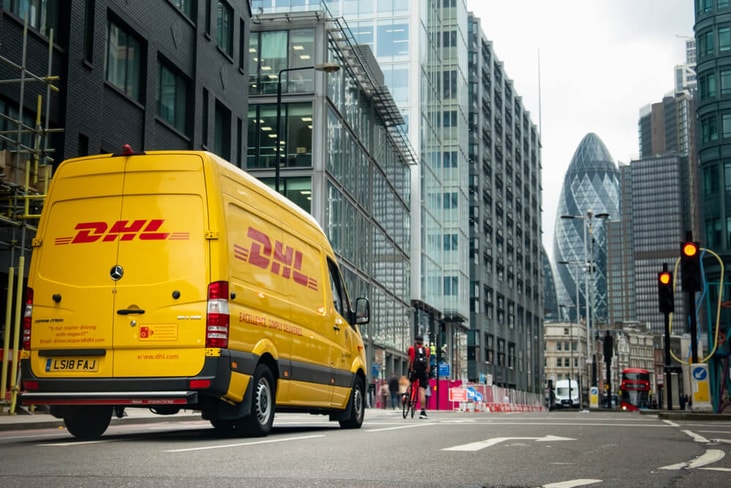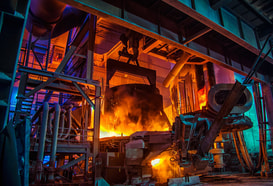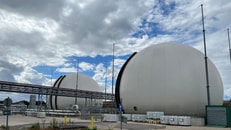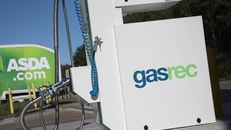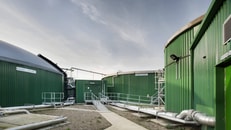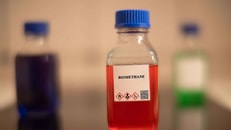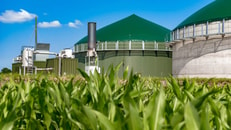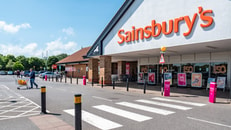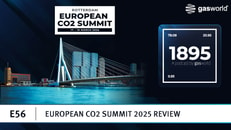DHL Group doubles bioLNG-powered truck fleet in the UK
The e-commerce arm of global logistics company DHL has added 30 new bio-liquefied natural gas (bioLNG)-fuelled trucks to its UK fleet, doubling its total number of LNG vehicles to 60.
The Volvo FM trucks – which can run on both fossil LNG and bioLNG – are expected to reduce emissions by more than 1,000 tonnes of carbon dioxide equivalent per year. When running on bioLNG the vehicles can cut greenhouse gas emissions by up to 80% compared with traditional diesel, according to Swedish car and truck maker Volvo.
“We are committed to being at the forefront of sustainable logistics so we will continue to make the necessary investments to reduce our GHG [greenhouse gas] emissions footprint as we work towards our sustainability targets,” said Stuart Hill, CEO of DHL e-commerce in the UK.
The new trucks will be based at DHL hubs in Leicester, Birmingham, Milton Keynes, and Coventry – where the company will also install a secondary bioLNG tank.
... to continue reading you must be subscribed

